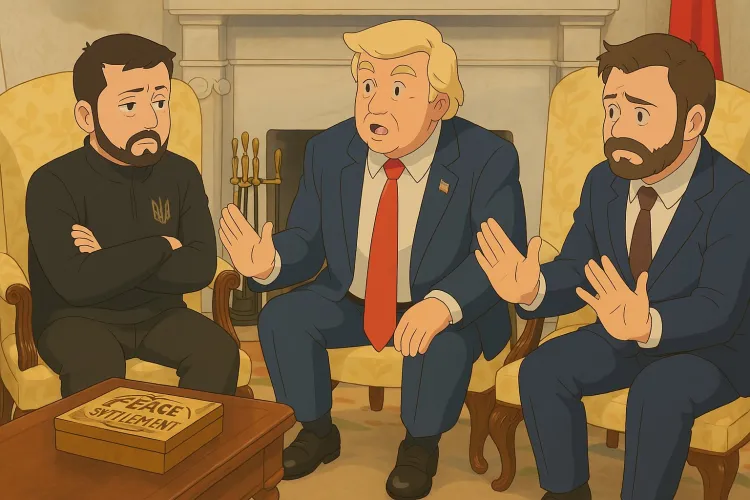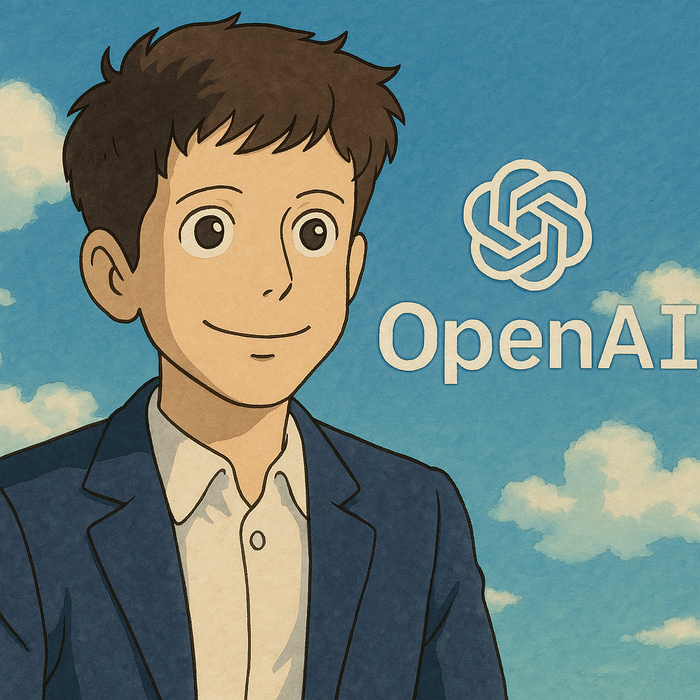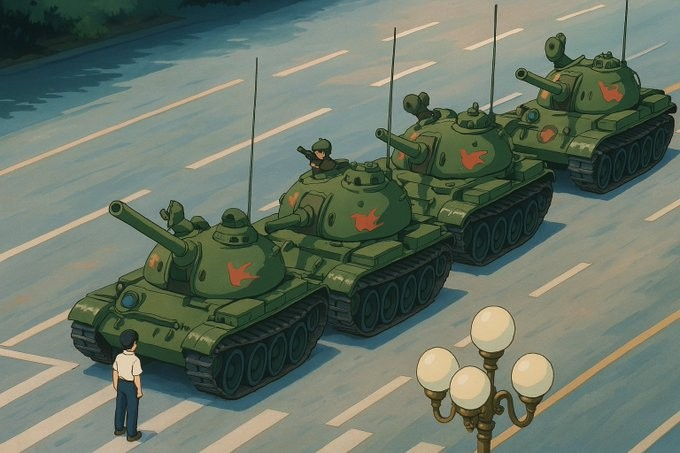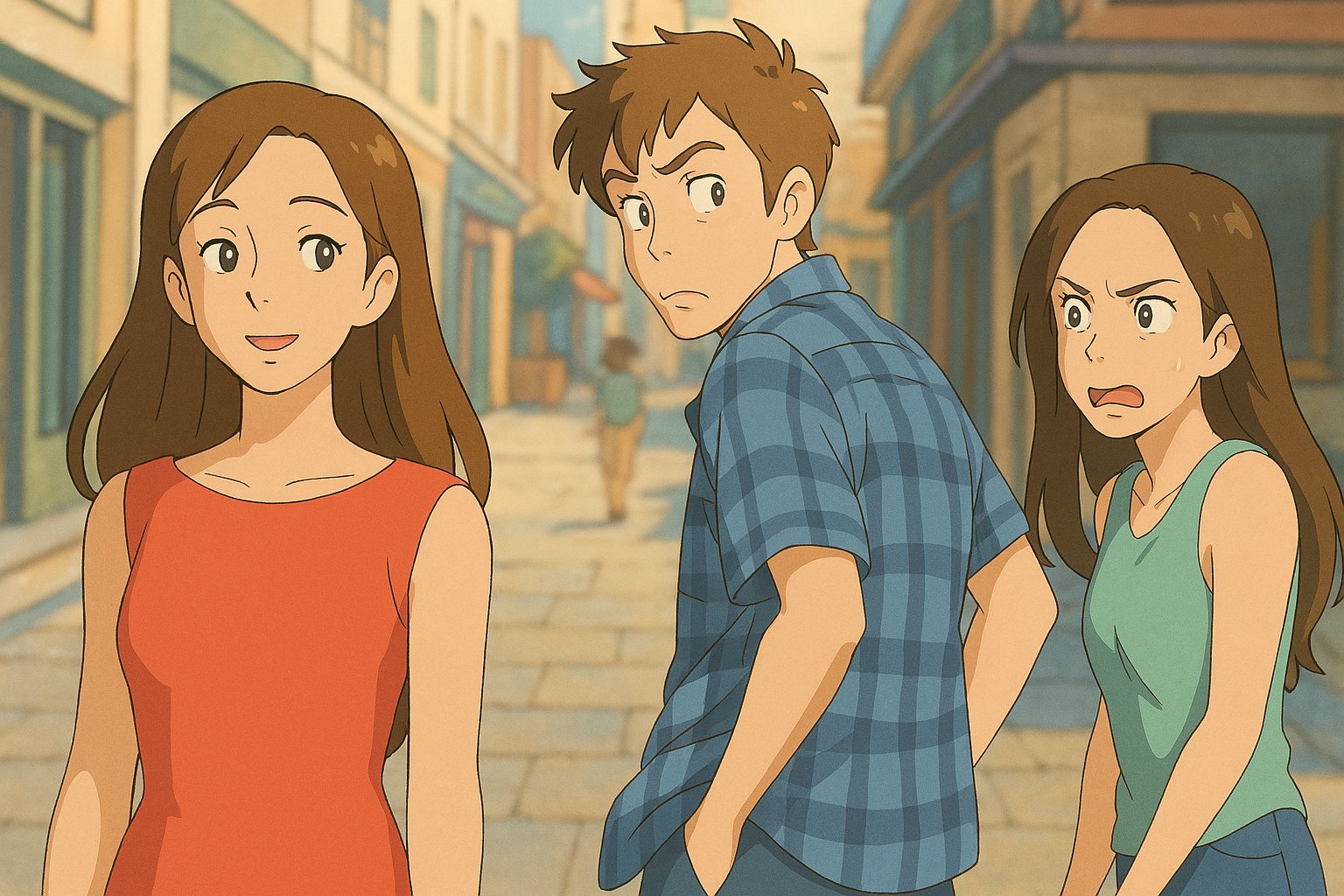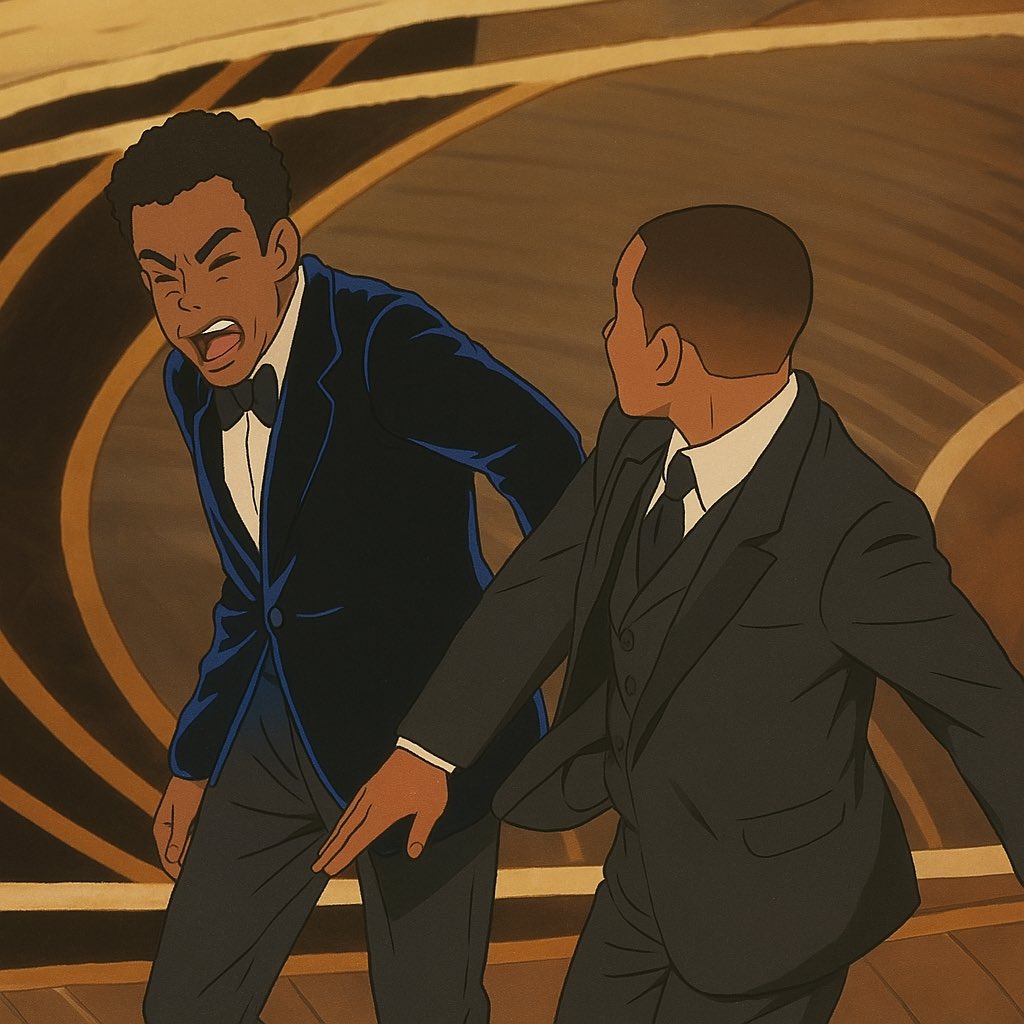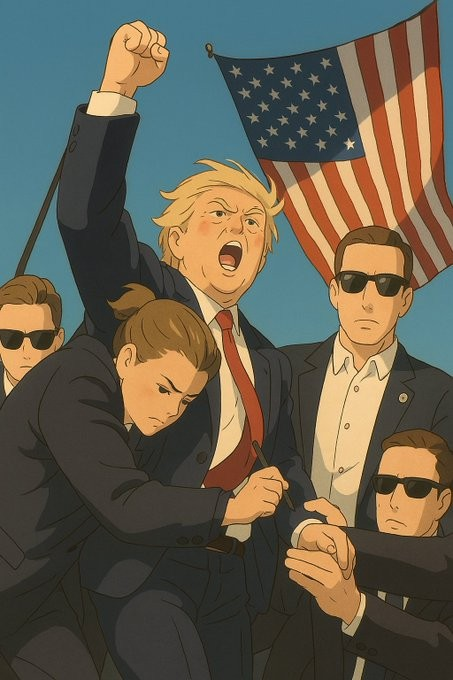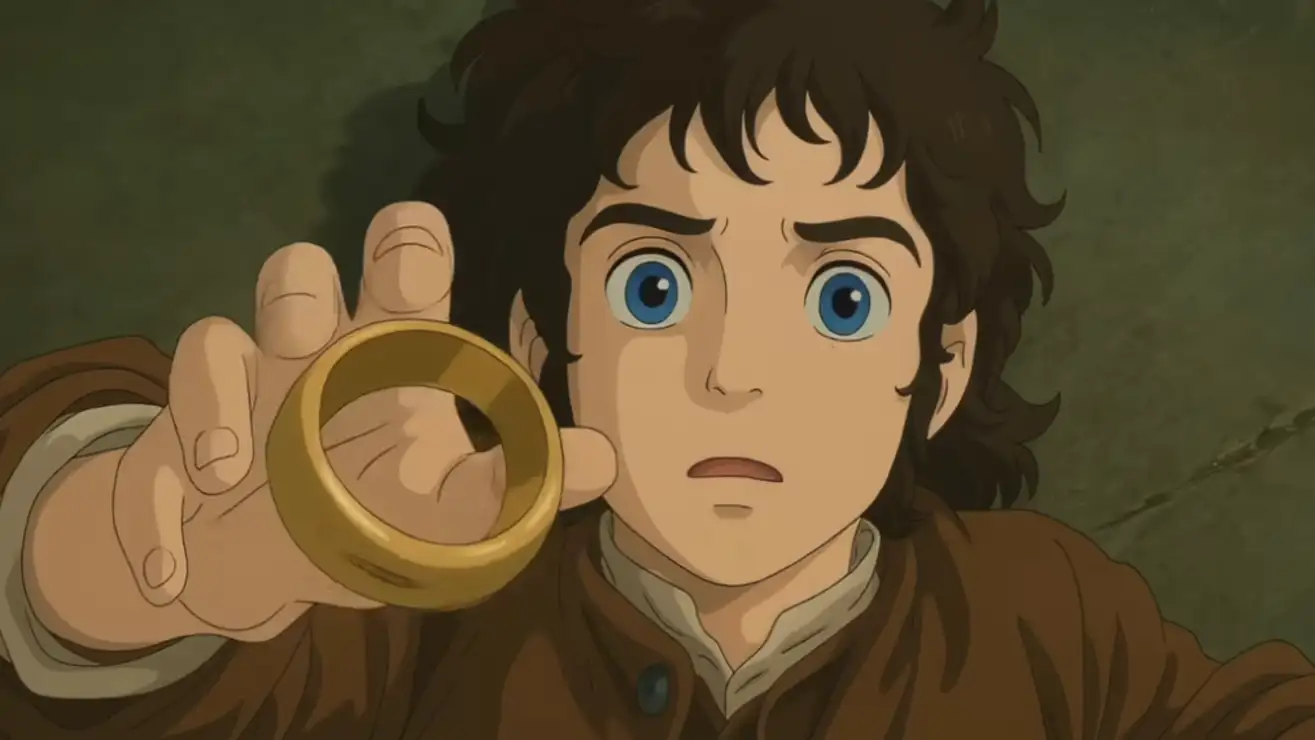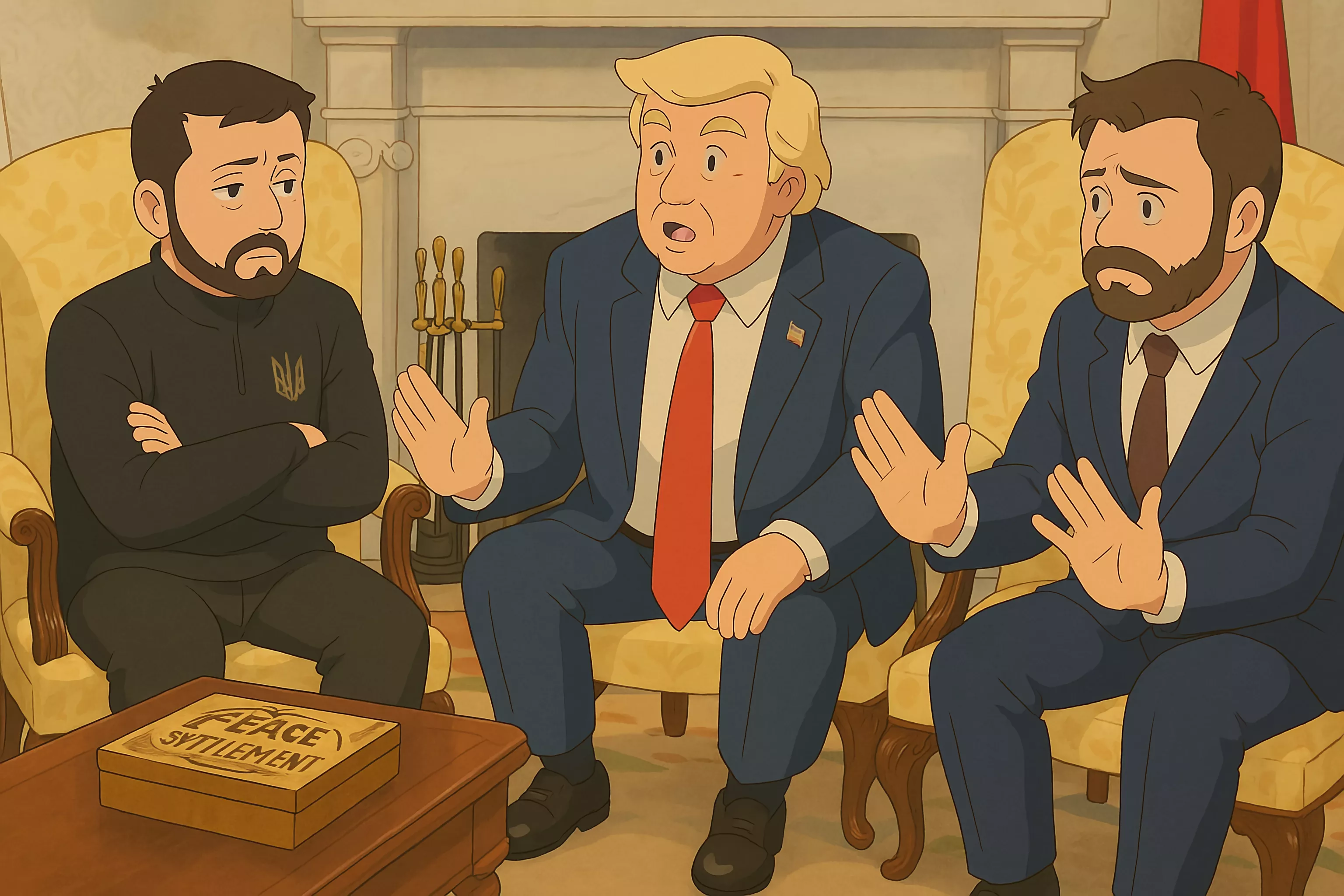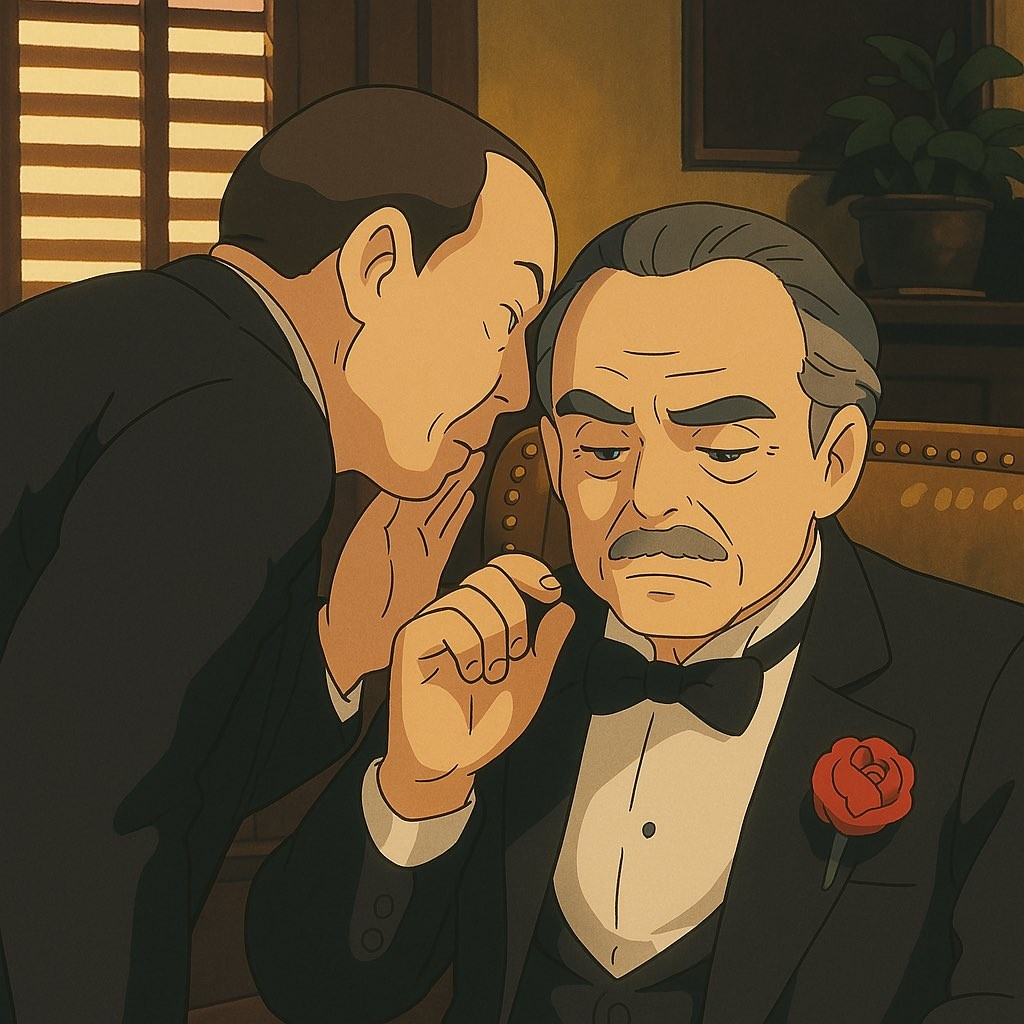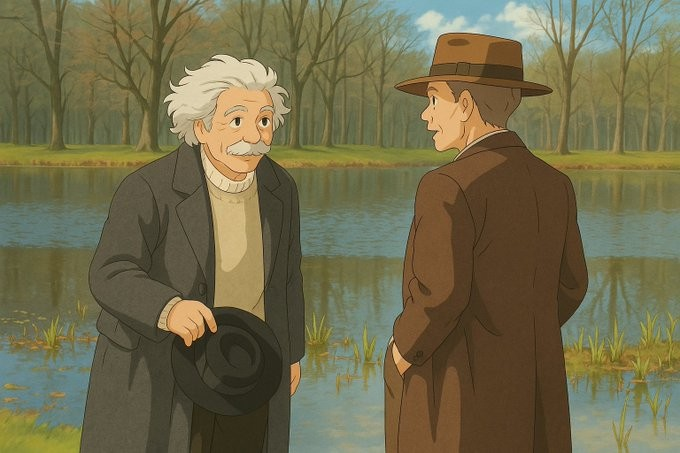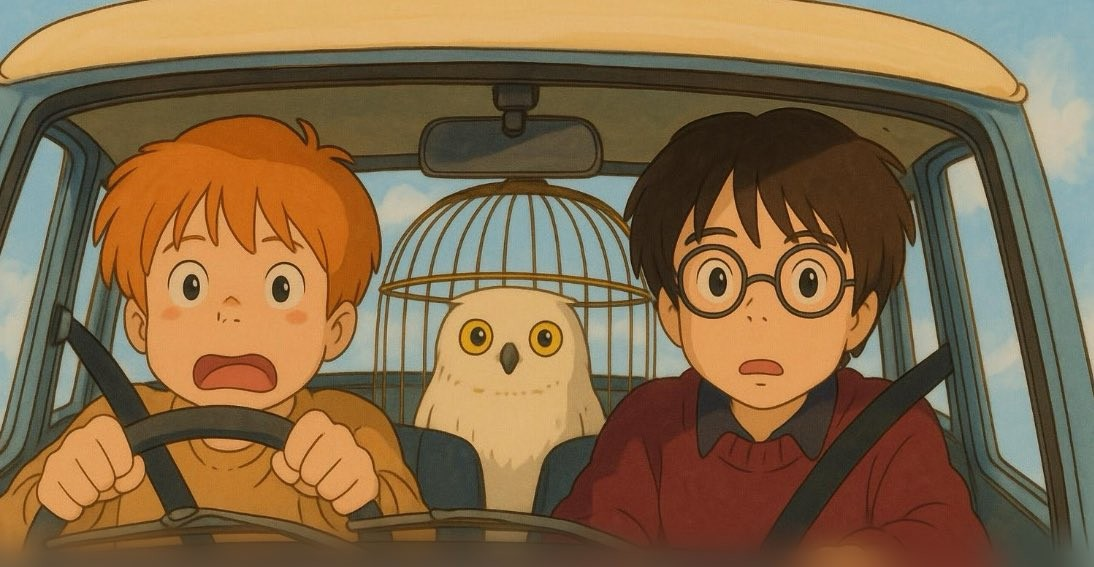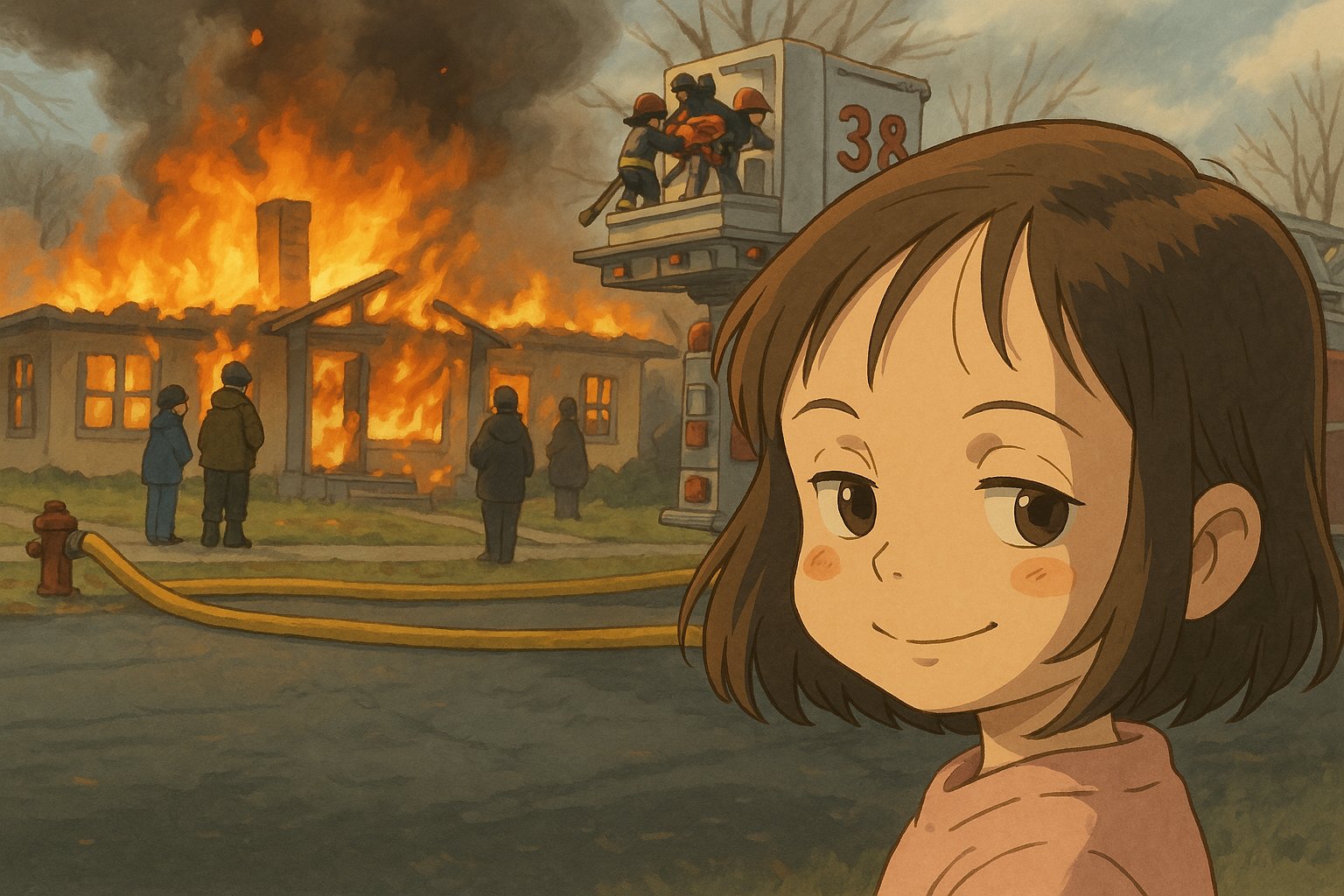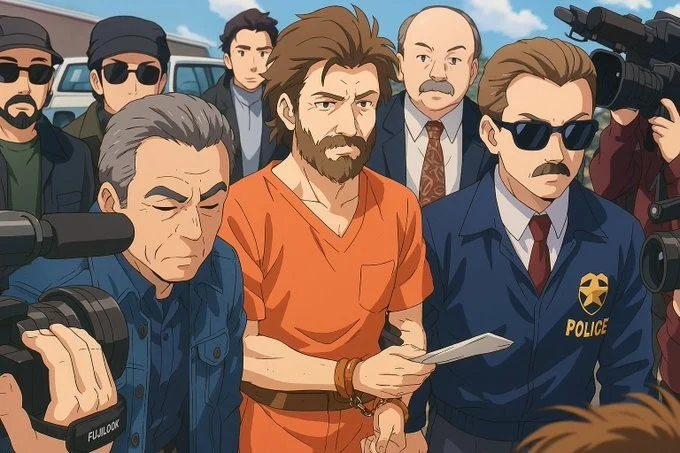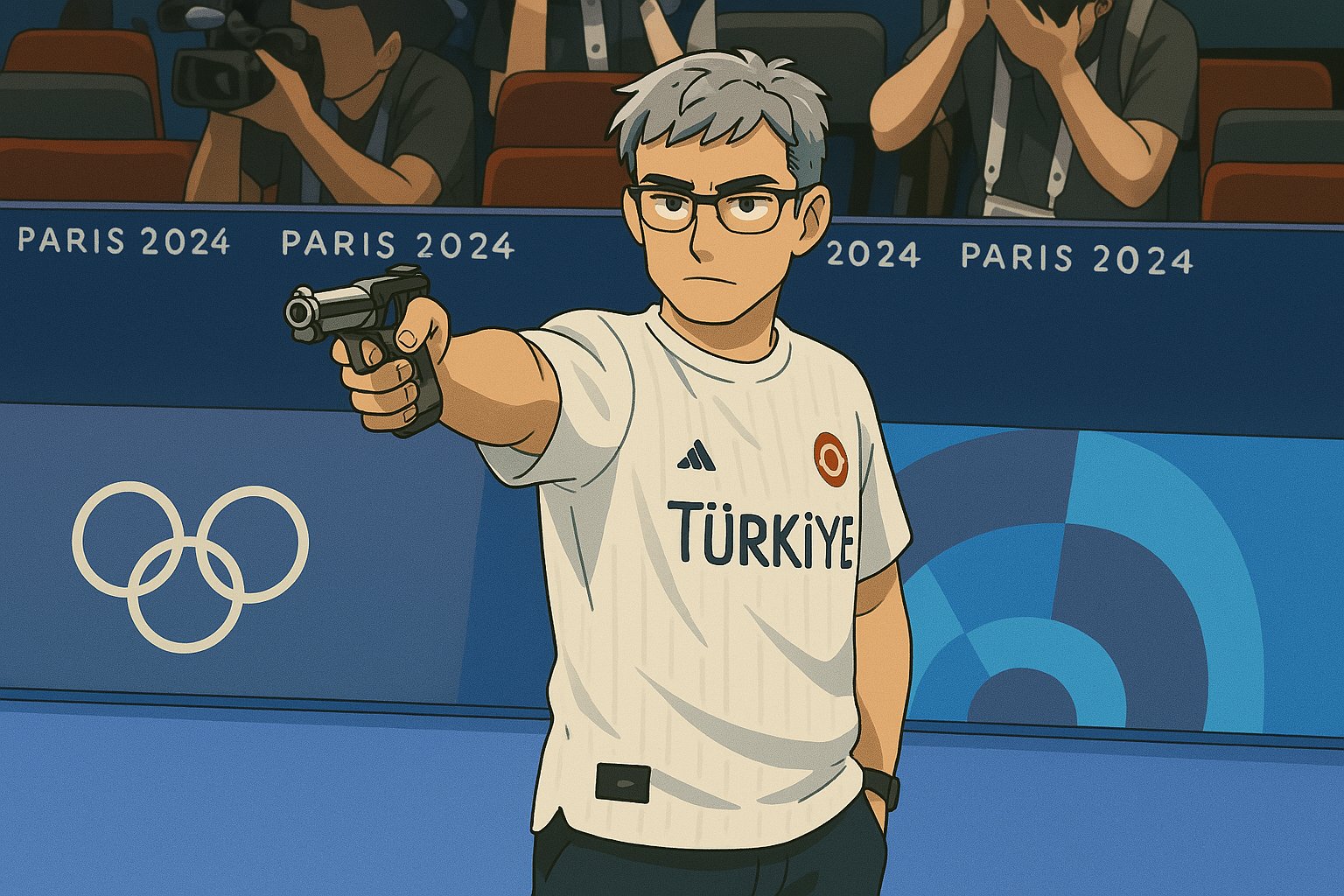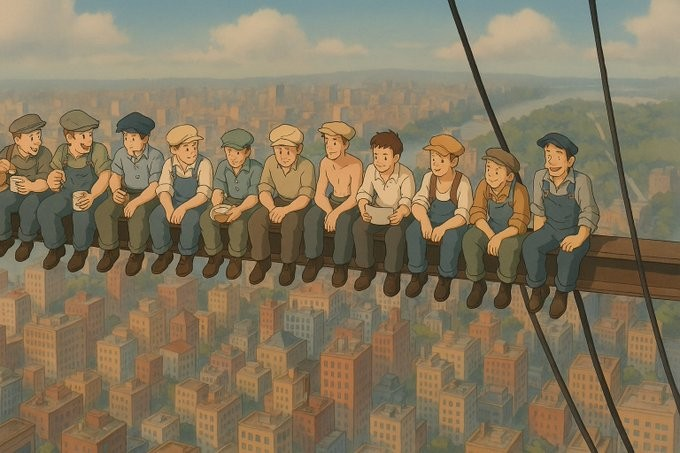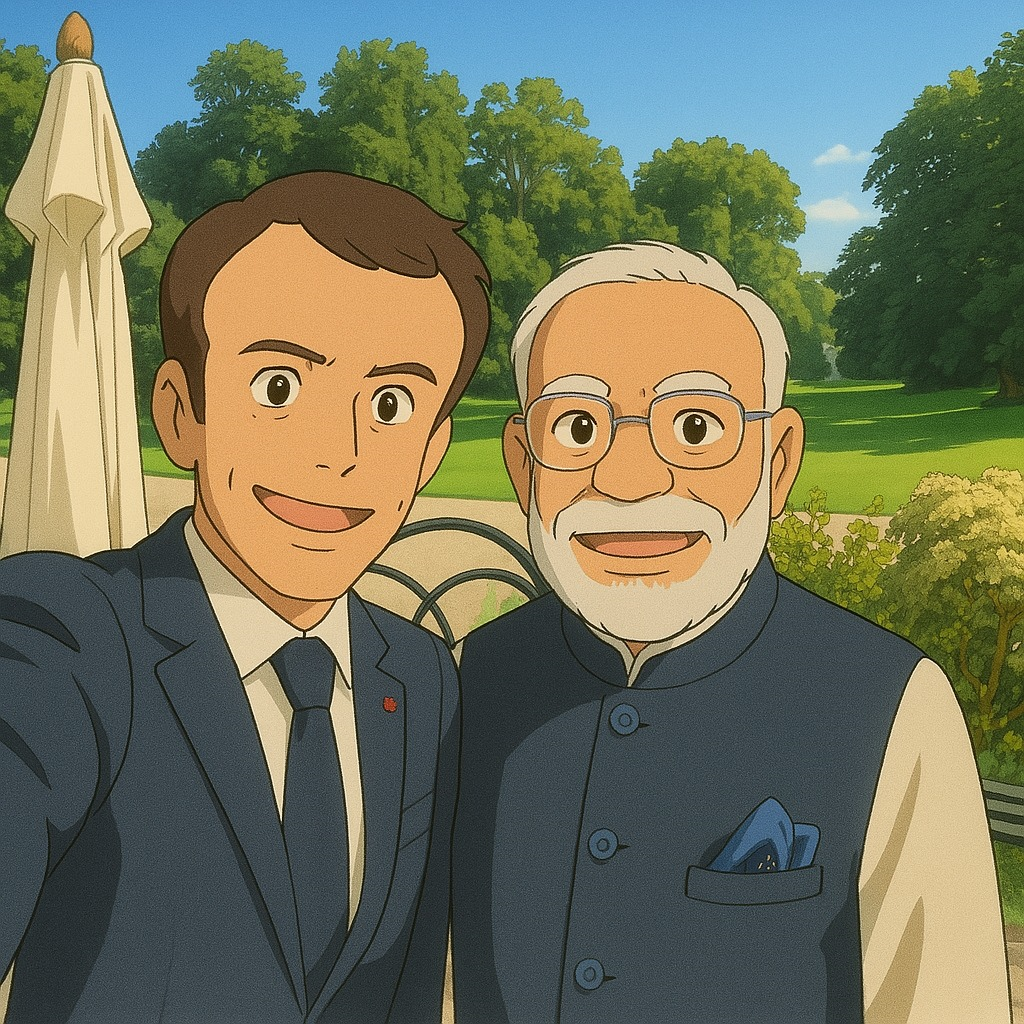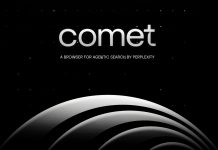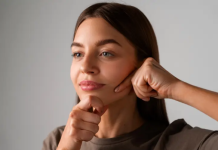OpenAI’s latest AI image generator has sparked a frenzy online by letting users create artwork in the unmistakable style of Studio Ghibli. Suddenly, social media is flooded with Ghibli-esque renditions of Elon Musk, Donald Trump, and even “The Lord of the Rings.” Even OpenAI’s CEO, Sam Altman, seems to have jumped on the bandwagon, sporting a Ghibli-style avatar presumably made with their new GPT-4o image tool.
But while the internet is having fun with this AI image generator, this raises a serious question: “Where’s the line between inspiration and copyright infringement?”
AI’s artistic playground or a legal minefield?
The problem is that AI doesn’t create in a vacuum – it learns from existing works. If an AI model has been trained on copyrighted material, does that count as fair use, or is it stealing? Legal experts can’t seem to agree. Some argue that mimicking a studio’s artistic style isn’t technically illegal, while others insist that using copyrighted works to train AI models without consent is a clear violation of intellectual property rights.
The debate goes beyond legality – it’s about ethics, too. The ability to mass-produce artwork that closely resembles that of established creators could undermine the value of human artistry.
If AI can replicate a Ghibli look in seconds, does that devalue the years of craftsmanship that go into a real Studio Ghibli film?
Nostalgia meets AI – but at what cost?
There’s no denying how fascinating this technology is. People love seeing their favourite franchises or celebrities reimagined in the whimsical world of Ghibli. It’s a mix of nostalgia and cutting-edge AI, which makes it all the more exciting. But as AI-generated art becomes more convincing, it raises a bigger question: Are we heading toward a future where artists no longer have sole ownership of their unique styles?
AI is blurring the boundaries of creativity, authorship, and ownership. For now, it’s all fun and games – until a major studio decides to take legal action.
As AI continues to evolve, we might soon be forced to answer an uncomfortable question: “If an algorithm can replicate a masterpiece, does the original still hold its value?”

